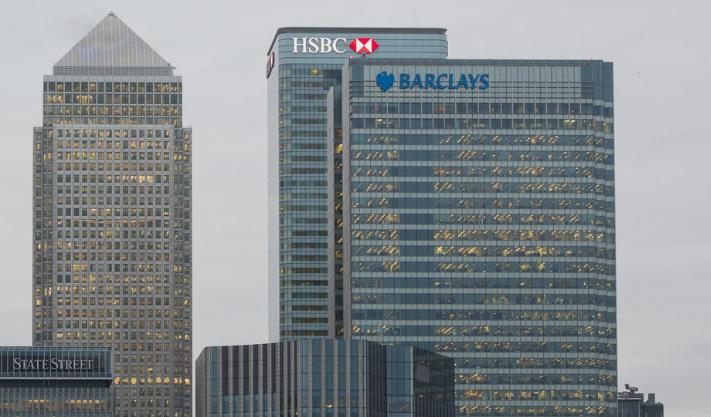Pound vs Dollar: What Currency Shifts Mean for UK Investors
Currency fluctuations between the British pound (GBP) and the US dollar (USD) are a critical factor for UK investors, influencing everything from portfolio performance to global purchasing power. As two of the most traded currencies in the world, shifts in the GBP/USD exchange rate can reflect broader economic trends and significantly impact both institutional and individual investment strategies.
Historically, the pound has often traded at a premium against the dollar, reflecting the UK’s economic strength and stable financial systems. However, in recent years, political uncertainty from events like Brexit, as well as differing monetary policy approaches between the Bank of England and the US Federal Reserve, have caused the pound to weaken at times, bringing the exchange rate closer to parity. For UK investors with holdings in dollar-denominated assets, such currency moves can be a double-edged sword.
Effects on International Investments
A weaker pound can enhance the value of foreign investments when measured in sterling. For example, if a UK investor holds US equities and the pound depreciates against the dollar, the same US dollar returns translate into more pounds when converted back. This currency tailwind can magnify gains in international portfolios. Conversely, when the pound strengthens, foreign holdings can lose value in GBP terms even if their underlying performance is positive.
This is particularly relevant for UK pension funds and investment trusts with global exposure. Currency movements can sometimes outweigh actual market performance, making exchange rate strategy a vital component of portfolio management. For this reason, some funds employ currency hedging techniques to reduce exposure to these shifts, though such strategies come with costs and risks of their own.
Import Costs and Inflation
For investors in domestic businesses, the pound’s value also affects company performance, especially those dependent on imports. A weak pound makes importing goods more expensive, raising input costs for UK-based firms. This can erode profit margins unless companies pass on the costs to consumers, potentially contributing to inflation.
However, a weaker pound can benefit UK exporters. Goods priced in pounds become more attractive to foreign buyers when their own currencies have more purchasing power. For UK investors, this means companies with a strong export focus may outperform during times of sterling weakness.
Interest Rates and Monetary Policy
Exchange rates also influence central bank policy. If a declining pound leads to higher inflation, the Bank of England may raise interest rates to stabilise prices, which can affect bond markets, mortgage rates, and general borrowing costs. Conversely, if a strong pound suppresses inflation, it may delay rate hikes or encourage cuts, influencing equity valuations and investment sentiment.
Strategic Takeaway
For UK investors, monitoring the pound-dollar exchange rate is not merely an academic exercise — it’s a practical necessity. Currency shifts can significantly alter the risk-reward balance of global investments. Whether investing abroad or at home, understanding how foreign exchange trends interact with economic policy, trade, and market dynamics can help investors make more informed decisions and better manage long-term risk.
Ultimately, while no one can predict currency movements with certainty, UK investors can benefit by diversifying portfolios, considering hedging strategies, and staying informed about macroeconomic trends that influence exchange rates.
Published: 19th June 2025
For more article like this please follow our social media Twitter, Linkedin & Instagram
Also Read:
Best Stretch Mark Creams for Smooth, Hydrated Skin
UK Stock Market: Smart Investing After Inflation Surge
UK Market Outlook: Key Insights for Investors This Quarter























